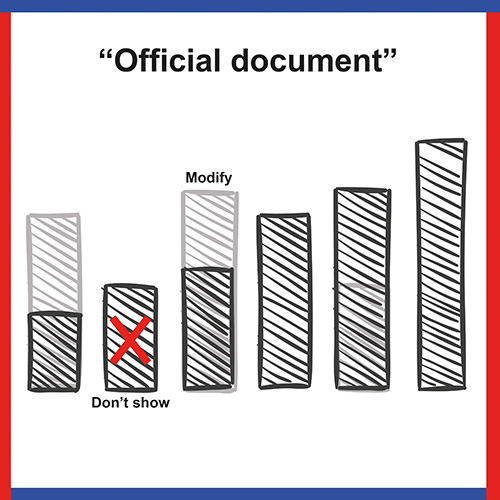The college is facing another substantial deficit of about $1.5 million in the 2012-2013 projected budget because, in part, of a property tax freeze and cuts in revenue sharing in the biennial state budget.
Many cuts have already been made in almost every area of the school’s budget. These efforts have reduced the deficit to around $600,000.
The college has made clear that if the shortfall remains, layoffs will occur. To avoid this, a collaborative effort between union Local 243 and Madison College is being made, and these negotiations may help reduce spending.
One of the major facets affecting the budget is salary increases. Contract changes last year linked wage increases with the Consumer Price Index (CPI).
The CPI in 2011 ended up being abnormally high at 3.6 percent. To incorporate this surprising increase in faculty salaries while still respecting the budget, the college split the raise in two. The added income was distributed incrementally, with 1.8 percent distributed to the full-time faculty and staff in July and another 1.8 percent later, in January.
This incremental distribution left a slight gap in wages, and in order to account for the missing portion, the union grieved. This grievance was expected and accepted by the college, and there was no ill will between the two parties.
In order to resolve the grievance, the college agreed to incorporate back pay for the 1.8 percent missing in the first half of the incremental distribution. This back pay is incorporated in the 2012-2013 budget, and should be given out around April.
The 2012-2013 budget also includes initiatives under the contract amendments approved last year to curb spending and avoid layoffs.
Some of these initiatives are: developing retirement incentives for 2012-2013, paying out vested sick leave on retirement, involving the union in all discussions involving outsourcing and studying the development of an emeritus faculty status, which would bring retired employees back on payroll.
In order to avoid another predicament should there be another higher than anticipated CPI, the college and the union have prepared a Memorandum of Understanding (MOU) consistent with provisions of WI Act 65.
The MOU would cap salary increases at a CPI of 2 percent. In order to make this possible under the provisions of WI Act 65, salary increases must be lower than the CPI. Accordingly, Local 243 has agreed to link wage increases to the CPI minus .01 percent.
Another important caveat of the MOU states that if the property tax freeze is continued, the 2 percent cap will continue in 2013-2014, as well, adding extended protection to the budget should there be unusually high CPIs in the future.
Voting on the Memorandum of Understanding took place last weekend. It began on Friday, Feb. 18 at 5 p.m. and ended Monday, Feb. 21 at 5 p.m. Results will be made available later this week, and if the MOU is passed, the initiatives will be well-established before the upcoming budget is approved in the spring.























